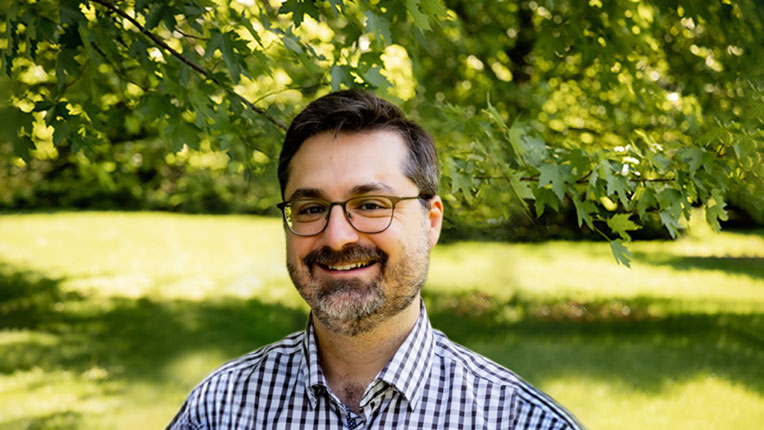Choose Your Next Great Read! #ACMBookclub
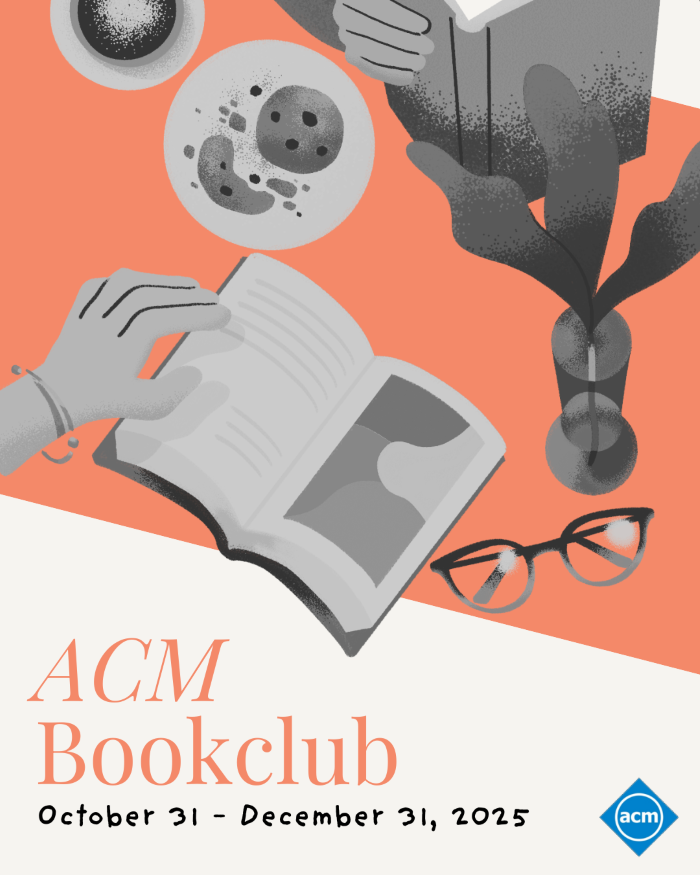
What’s on your reading list this fall? ACM invites you to be part of the Back-to-School Virtual Bookclub, #ACMBookclub! Running from late October through December 2025, chapter members across the globe will be reading together and diving into big ideas in computing and technology.
The two-month experience will culminate in an exclusive online discussion featuring the book’s author or an ACM expert.
We’ve narrowed it down to five exciting titles—and now it’s your turn to decide. Cast your vote by October 21 (one vote per ID, open to both individuals and chapters).
To top it off, every vote enters you into a raffle for a chance to win 5 copies of the title eventually chosen by the ACM community, plus a modest honorarium to help cover event expenses—courtesy of ACM.
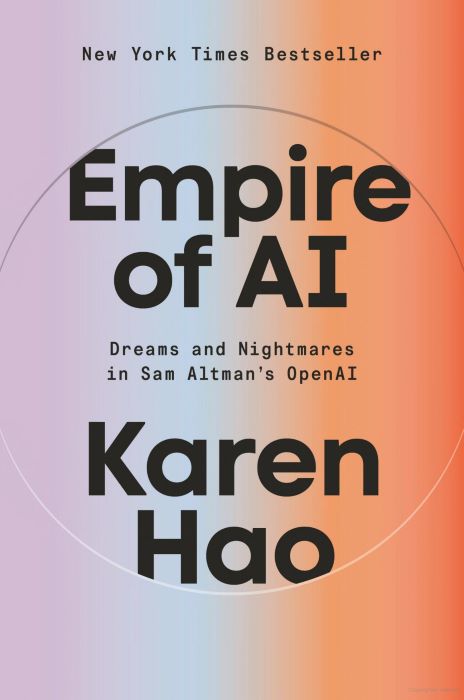
From a brilliant longtime AI insider with intimate access to the world of Sam Altman's OpenAI from the beginning, an eye-opening account of arguably the most fateful tech arms race in history, reshaping the planet in real time, from the cockpit of the company that is driving the frenzy…
When AI expert and investigative journalist Karen Hao first began covering OpenAI in 2019, she thought they were the good guys. Founded as a nonprofit with safety enshrined as its core mission, the organization was meant, its leader Sam Altman told us, to act as a check against more purely mercantile, and potentially dangerous, forces. What could go wrong?
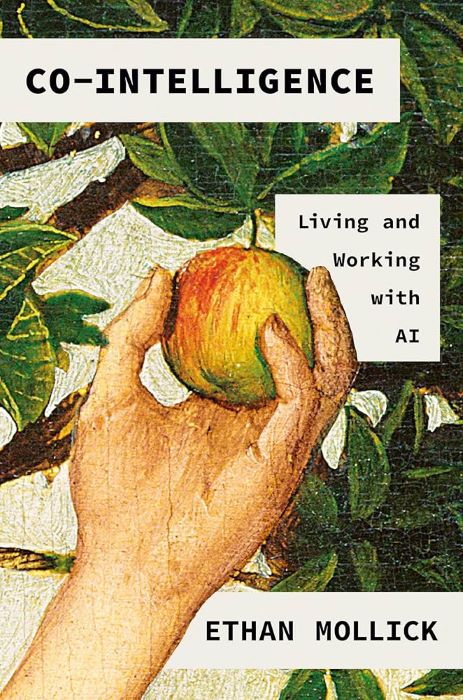
Co-Intelligence: The Definitive, Bestselling Guide to Living and Working with AI
Consumer AI has arrived. And with it, inescapable upheaval as we grapple with what it means for our jobs, lives and the future of humanity.
Cutting through the noise of AI evangelists and AI doom-mongers, Wharton professor Ethan Mollick has become one of the most prominent and provocative explainers of AI, focusing on the practical aspects of how these new tools for thought can transform our world. In Co-Intelligence, he urges us to engage with AI as co-worker, co-teacher and coach. Wide ranging, hugely thought-provoking and optimistic, Co-Intelligence reveals the promise and power of this new era.
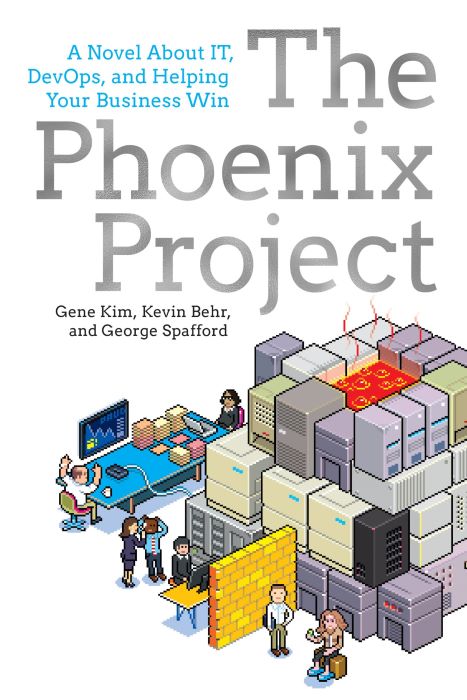
The Phoenix Project: A Novel About IT, DevOps, and Helping Your Business Win
Bill is an IT manager at Parts Unlimited. It's Tuesday morning and on his drive into the office, Bill gets a call from the CEO. The company's new IT initiative, code named Phoenix Project, is critical to the future of Parts Unlimited, but the project is massively over budget and very late. The CEO wants Bill to report directly to him and fix the mess in ninety days or else Bill's entire department will be outsourced.
With the help of a prospective board member and his mysterious philosophy of The Three Ways, Bill starts to see that IT work has more in common with manufacturing plant work than he ever imagined. With the clock ticking, Bill must organize work flow streamline interdepartmental communications, and effectively serve the other business functions at Parts Unlimited. In a fast-paced and entertaining style, three luminaries of the DevOps movement deliver a story that anyone who works in IT will recognize. Readers will not only learn how to improve their own IT organizations, they'll never view IT the same way again.
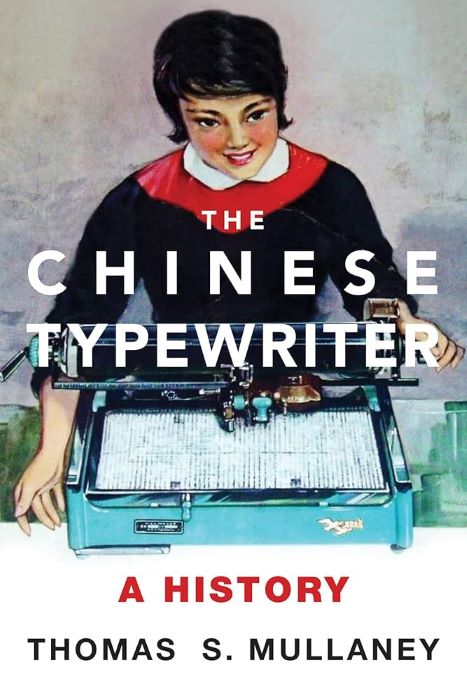
The Chinese Typewriter: A History
Chinese writing is character based, the one major world script that is neither alphabetic nor syllabic. Through the years, the Chinese written language encountered presumed alphabetic universalism in the form of Morse Code, Braille, stenography, Linotype, punch cards, word processing, and other systems developed with the Latin alphabet in mind. This book is about those encounters -- in particular thousands of Chinese characters versus the typewriter and its QWERTY keyboard. Thomas Mullaney describes a fascinating series of experiments, prototypes, failures, and successes in the century-long quest for a workable Chinese typewriter.
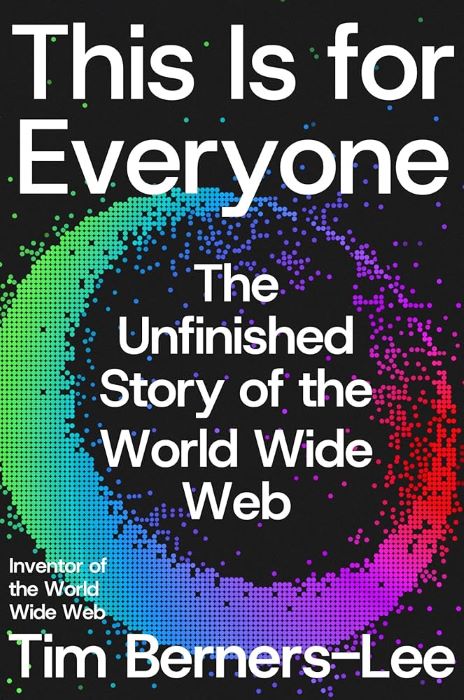
Perhaps the most influential inventor of the modern world, Sir Tim Berners-Lee is a different kind of technologist. Born in the same year as Bill Gates and Steve Jobs, he famously distributed his invention, the World Wide Web, for no commercial reward. Its widespread adoption changed everything—transforming humanity into the first digital species. Through the web, we live, work, dream, quarrel, and connect.
In this intimate memoir, Berners-Lee tells the story of his iconic invention, exploring how it launched a new era of creativity and collaboration while unleashing powerful forces that imperil truth and privacy and polarize public debate. With his trademark humor and candor, he recounts how he arrived at CERN, the European Laboratory for Particle Physics, as a young engineer, and soon came up with the astonishing idea of adding hyperlinks to the then-nascent Internet. His goal was to unleash a wave of creativity and collaboration for the benefit of all—a goal he’s pursued to this day.
ACM Education Advisory Committee Applications Open
ACM invites qualified candidates to apply to serve as an At-Large member of the ACM Education Advisory Committee (EAC). The EAC is a non-voting, working advisory body that advances and informs the ACM Education Board and the wider ACM and computing education community about computing education and related innovations and issues. Click here for a description of the application requirements and to access the application form.
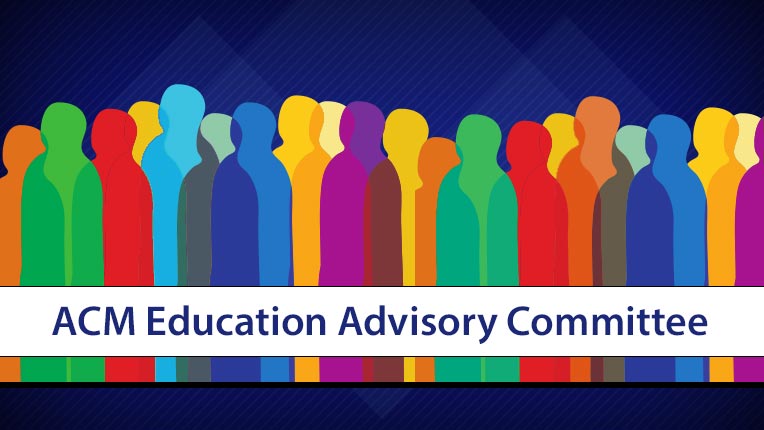
Translating Interview Speak: What Your Interviewer Really Wants to Know
Register now for the next free ACM TechTalk, "Translating Interview Speak: What Your Interviewer Really Wants to Know," presented on Wednesday, November 12 at 12:00 PM ET/17:00 UTC by Professional Career Coach and Consultant Barbara Limmer and Professional Career Coach Laura Browne, authors of the new Manning Publications book, Interview Speak. Continue the discussion on ACM's Discourse Page.
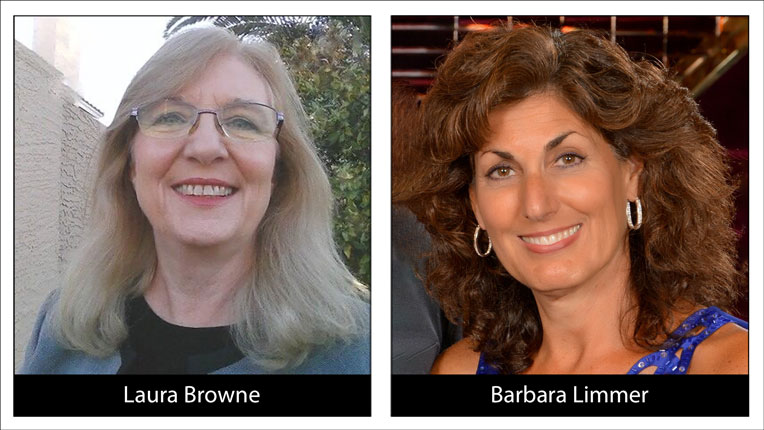
ByteCast Ep76: Ilias Diakonikolas
In this episode of ACM ByteCast, Bruke Kifle hosts 2024 ACM Grace Murray Hopper Award recipient Ilias Diakonikolas, Professor at the University of Wisconsin, Madison, where he researches the algorithmic foundations of machine learning and statistics. Ilias received the prestigious award for developing the first efficient algorithms for high-dimensional statistical tasks that are also robust, meaning they perform well even when the data significantly deviates from ideal modelling assumptions. His other honors and recognitions include a Sloan Fellowship, the NSF CAREER Award, the best paper award at NeurIPS 2019, and the IBM Research Pat Goldberg Best Paper Award. He authored a textbook titled Algorithmic High-Dimensional Robust Statistics
In the interview, Ilias describes his early love of math as a student in Greece, which led him on a research journey in theoretical statistics and algorithms at Columbia University and, later, at UC Berkeley. He defines “robust statistics” and how it aids in detecting “data poisoning.” Ilias and Bruke explore statistical v. computational efficiency, the practical applications of this research in machine learning and trustworthy AI, and future directions in algorithmic design. Ilias also offers valuable advice to future researchers.
